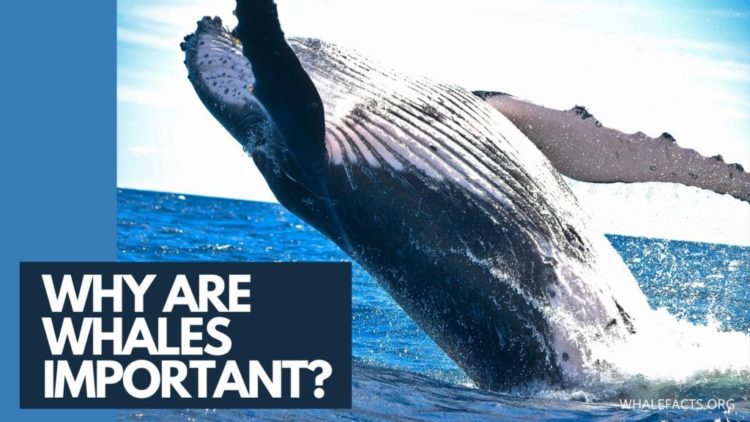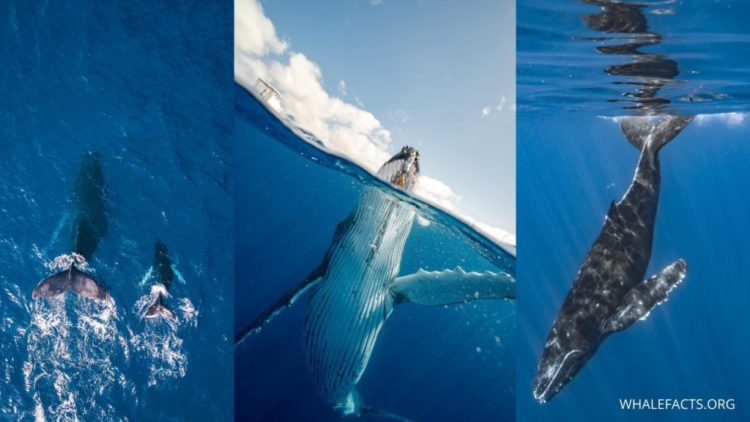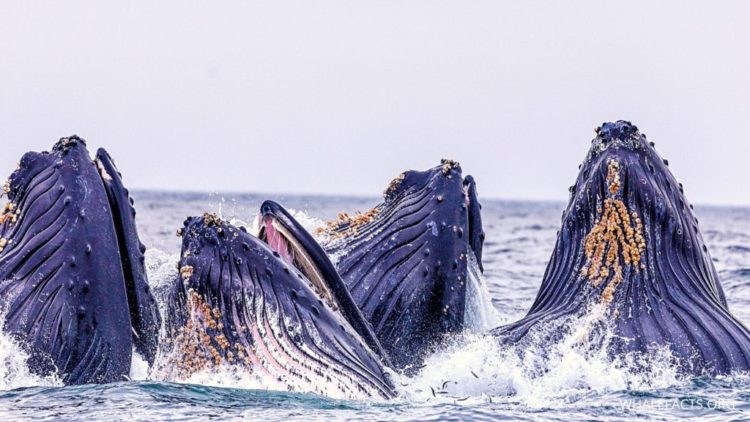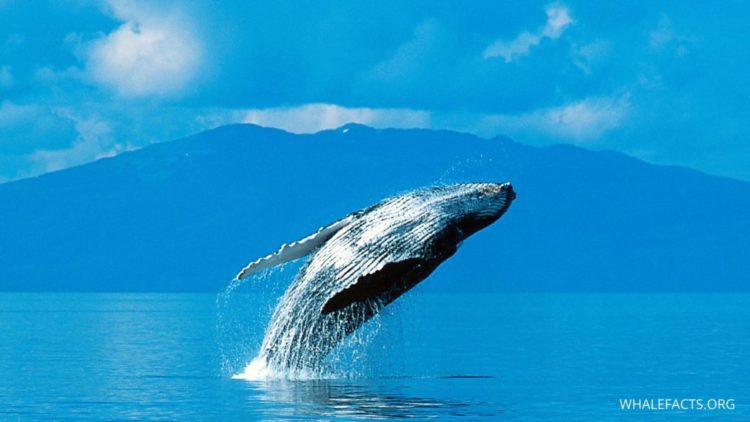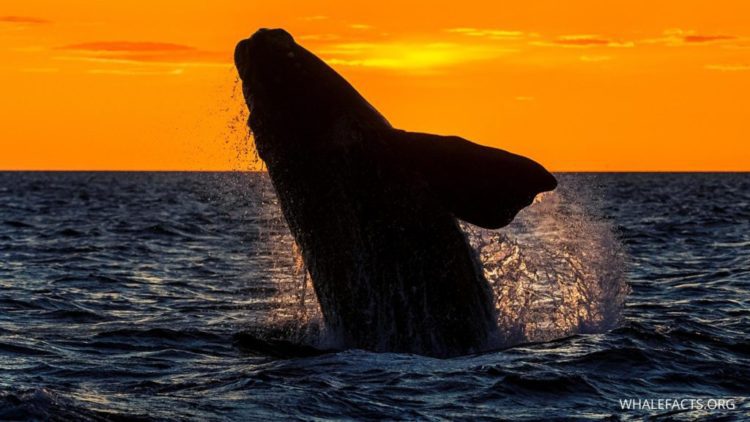Whales play a significant role in our environment’s health and understanding of marine mammals.
They also support growing economies relying on whale watching and spectator activities by bringing tourism capital.
To comprehend their importance, we’ll examine how whales have helped us better understand marine mammals.
We’ll also explore why this understanding has led to new perspectives on the care of various marine mammals.
Next, we’ll examine how whales affect our environment and the ocean’s ecosystem.
Finally, we’ll analyze how they help growing economies bring in extra money through tourism and local events.
Understanding Marine Mammals
Whales have become an essential topic of study among marine biologists and scientists.
Biological and research studies have helped scientists learn about whale species and their impact on this world.
It includes examining whale behavior, echolocation, language, intelligence, environmental impact, and other topics.
By observing how they thrive and survive in the ocean, we learned about their social structure and how they communicate.
Developing a healthy society is crucial for these marine mammals’ survival.
Depending on the species, some whales spend most of their lives together, hunting and protecting each other from harm.
In some ways, this is akin to the way humans, elephants, and primates live.
In addition to developing relationships and societies, whales also display a high level of intelligence and self-recognition.
Intelligence and self-recognition are characteristics found in only a few animal species.
When it comes to communication, whales have a very complex language.
It’s so sophisticated that researchers believe we can communicate with them if we understand what they are saying.
Of course, we must also develop the technology to have a conversation or at least communicate interests with them.
Note: The cetacean species comprises whales, dolphins, and porpoises.
This understanding of whale intelligence has brought new insights into the significance of caring for these marine mammals.
It also grants them certain protective rights to thrive in the ocean by various organizations and conservationists.
Some people feel whales, dolphins, and porpoises should receive the same rights as humans and other intelligent animals.
Our growing knowledge of whales is vital for improving marine mammal safety measures and the ocean’s ecosystem.
Lastly, studying how these marine mammals use echolocation enables researchers to use various technologies.
For instance,e they can enhance how our sonar abilities we can improve our sonar abilities.
It has also educated us on how human-made sounds may affect the echolocation abilities of other marine animals.
We can better protect them from harmful human-made noise by enforcing laws and creating technology that doesn’t interfere with their echolocation.
Whales and The Environment
When it comes to the environment and the ocean’s ecosystem, whales help regulate the flow of food.
These marine mammals maintain a stable food chain and ensure that certain animal species do not overpopulate the ocean.
For instance, a blue whale can consume as much as 40 million krill daily.
You can imagine its impact on stabilizing the aquatic ecosystem if the blue whale species were to become extinct.
When one animal species important to the food chain dies, it allows other species to thrive.
At first, other species may benefit from no longer facing predators like whales.
However, these animals overpopulate and possibly destroy the population of other species consumed over time.
As a result, whales play an integral role in maintaining the ecosystem balance.
They ensure other species do not overpopulate and destroy the species below them in the food chain.
Even whale poop plays a significant role in the environment by helping to offset carbon in the atmosphere.
Studies have shown that the nutrients in sperm whale poop help stimulate phytoplankton growth.
Phytoplankton pulls carbon from the atmosphere to provide a cleaner and healthier breathing environment for all animals.
Estimates state that these whales extract as much as 400,000 tonnes of carbon from the air each year!
In addition to feeding carbon-fighting phytoplankton, the fact that whale poop stimulates the growth of phytoplankton means that it also helps provide other species that consume phytoplankton for their survival.
Phytoplankton feed fish, allowing them to thrive and reproduce, and fish feed many other species.
As a result, whales play a vital role in keeping the food chain stable.
Whale poop is also crucial in conserving the aquatic life cycle and is one of many things that make whales so important.
Whales, Tourism, and Growing Economies
Whale watching has become an international spectator activity and tourism booster over the last several decades.
People have spent billions of dollars hoping to get a glance at these majestic creatures in their natural habitat.
This spending has led to economic growth and stimulation for wealthy and developing economies worldwide.
It has become a significant source of income for some countries as a part of their tourist attraction.
The growing interest in whale watching has become an increasingly important component for economies looking to increase their global presence and attract other country’s interests.
Popular films and shows have featured whales and dolphins as main characters.
It includes films like Free Willy, whale rider, Orca, Big Miracle and Dolphins, and Whales: Tribes of the ocean.
Whales are well received and loved today.
However, they played an influential (albeit unfortunate) role in our economic system in the past.
Whale parts and oil were sold and utilized for various things to profit.
It includes soap, margarine, corset material, and transmission oil additives.
During the whaling era, whalers slaughtered numerous species, causing many of them to become endangered.
Whale hunting also caused all sorts of environmental changes that affect the earth’s ecosystem today.
For instance, whale hunting increased carbon dioxide and impacted global warming, affecting our polar ice caps.
It also changed the feeding habits of many aquatic lifeforms due to a destabilized food chain.
Commercial whaling activities are illegal today, and those caught hunting whales may face steep fines and jail time.
While some continue to hunt these marine mammals, the number of commercial whaling anglers continues to decline.
The illegalization of commercial whaling has allowed certain species to begin repopulating their numbers and grow.
Four Reasons Whales Are Important to Our Environment
1. Destabilization
Whales are essential in stabilizing the aquatic food chain and reproducing other species.
As more whales die, the ocean’s food distribution becomes destabilized.
Destabilization causes changes in the food supply of many different kinds of marine life.
2. Scientific Discoveries
Scientific studies of the cetacean species (whales, dolphins, and porpoises) have led to many discoveries.
It has also led to advancements regarding echolocation, aquatic environments, marine life/biology, maritime animal intelligence, and other critical oceanic topics.
3. Offsetting Carbon Monoxide
Whale poop plays a significant role in stabilizing carbon offset in the atmosphere.
Essentially, it provides phytoplankton with food and a healthier environment for land and aquatic lifeforms.
4. Economic Growth
Whale watching and other spectating activities have brought billions of dollars to different countries.
As a result, it helps stimulate economic growth in various cities, states, and countries.
As you can see, whales play a vital role in our ecosystem.
They maintain a stable food chain, feed other marine animals that provide a cleaner atmosphere, and help grow economies through whale watching and tourism.
Without whales, the world’s economy would see a substantial negative shift, and this change would affect everything.
